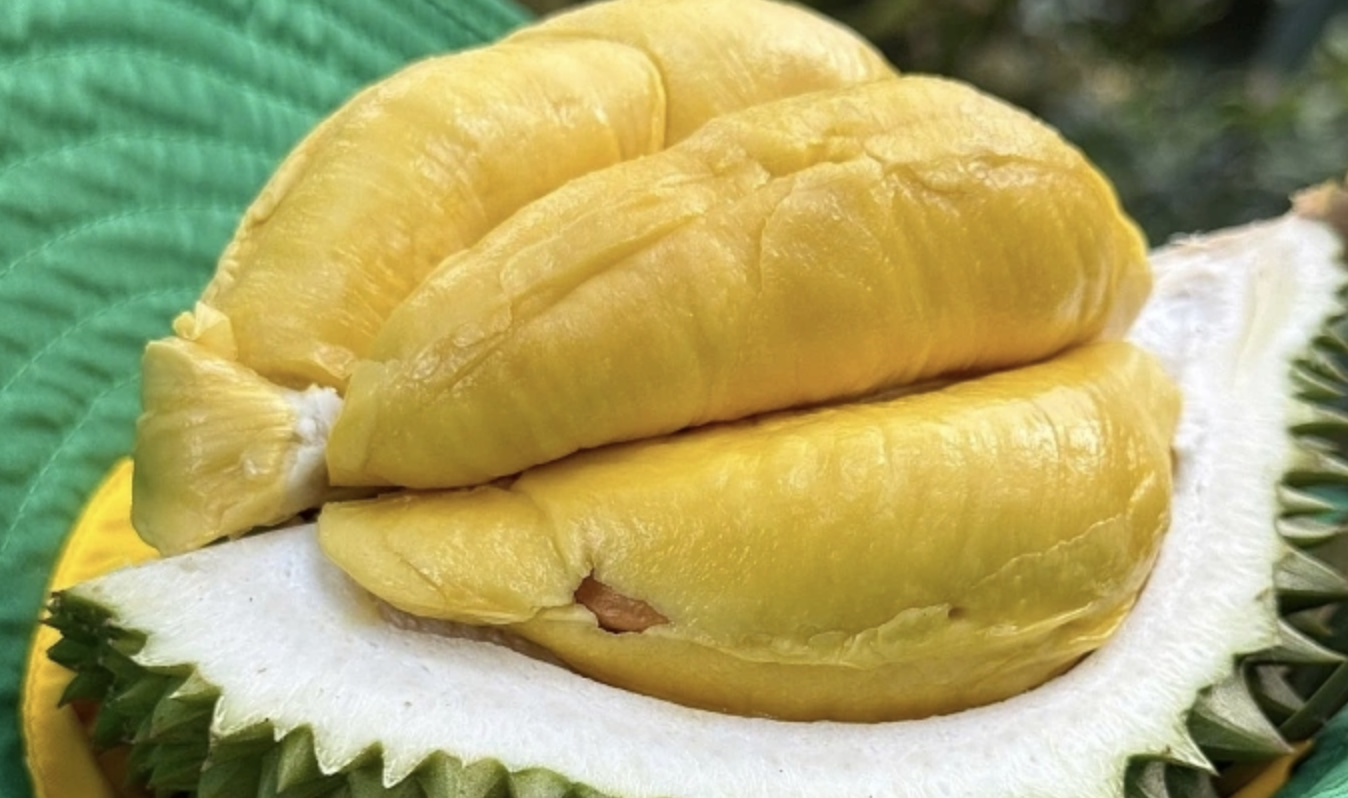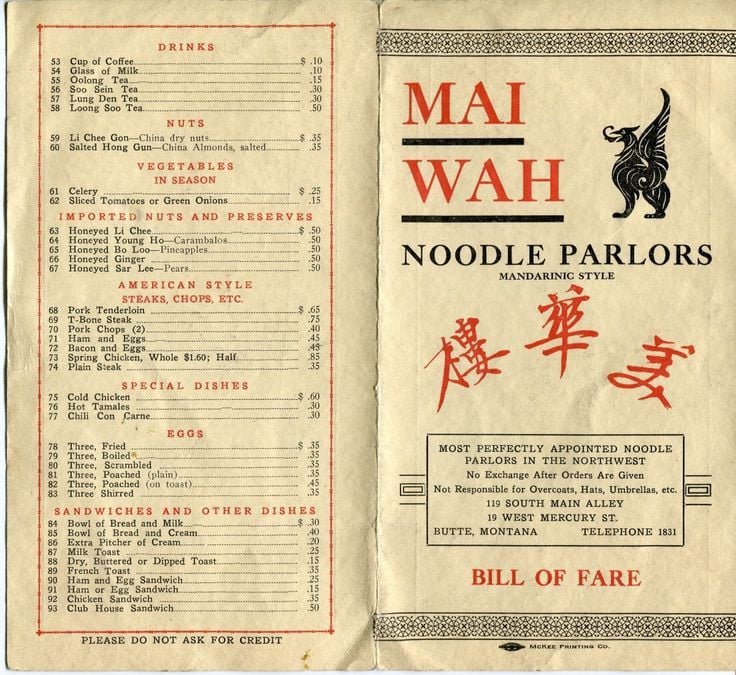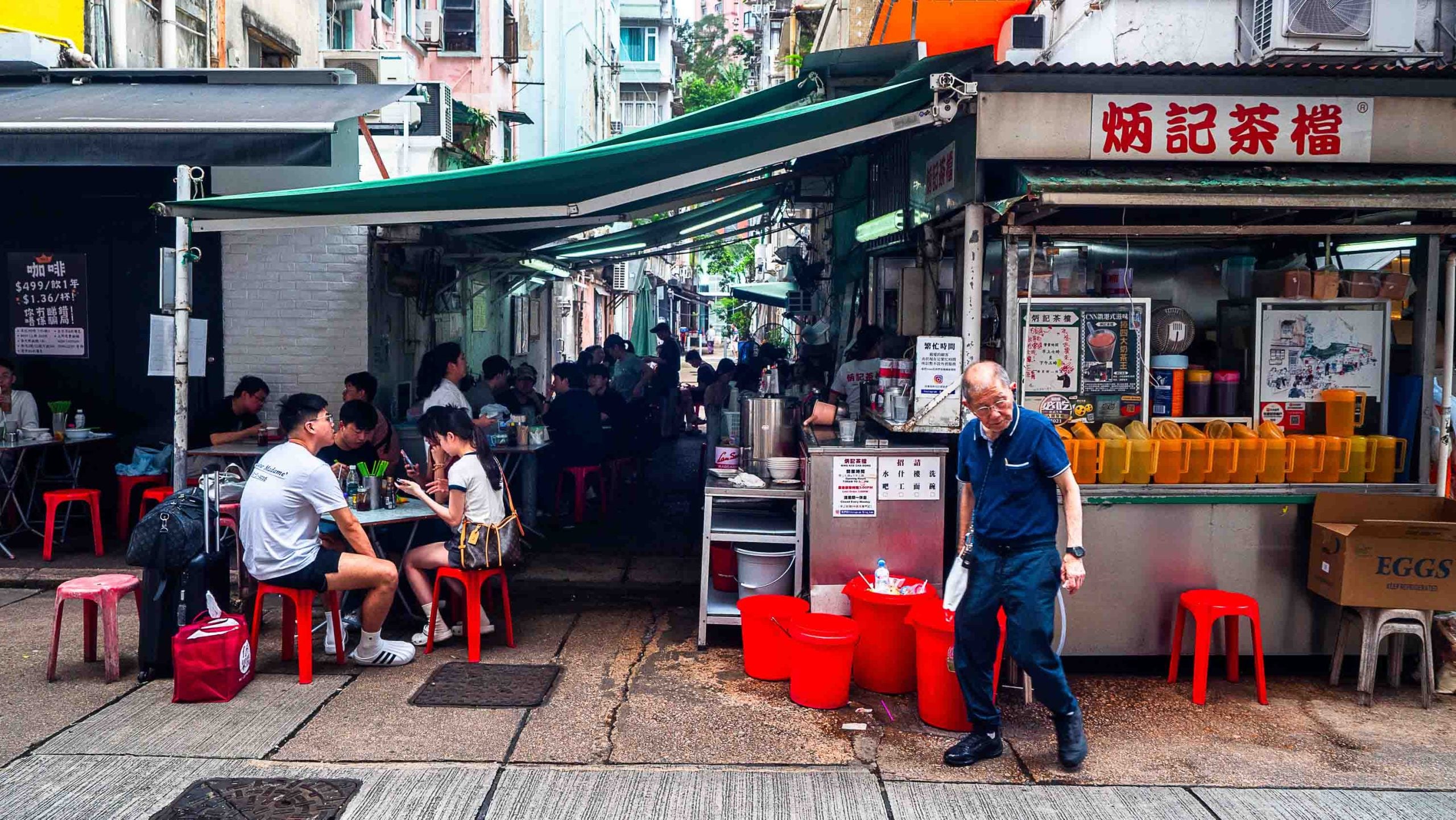Sebastian is like the Danish version of the Jolly Green Giant. Broad frame, goofy smile, and a love for vegetables.
Sebastian moved from Denmark to Shanghai in 2016. His sister Christina had already been living there for four years. Back then China was still recovering from devastating food safety scandals, and organic food as a concept was hardly understood. A mother of two, Christina constantly questioned the safety of the food around her. When she learned about some small-scale apple farmers in Shandong province who grew their crop with organic techniques, she got excited and started helping them sell it. First on a bicycle in her local apartment complex, then outside. Her grassroots quest caught on, and she pulled Sebastian in to help her formally launch GomaGreens.
“When she’d developed a prototype for that, she called me. I was living in Denmark at the time, this was summer of 2016. She said hey, why don’t you come to Shanghai and help me start this business? She told me about her struggle to find farmers she could trust, and I was hooked. So in August I came to Shanghai to build the startup with her.”

Sebastian tastes the GomaGreens inventory in Shandong
Sebastian is as passionate about the GomaGreens mission as he is about developing the business. For him, healthy food is about building community, educating people, and connecting small-time organic farmers with big city customers. We caught up with Sebastian in Shanghai for some questions about going organic, the ever-creeping impact of the mobile revolution, and the changing nature of how people eat in China.
RADII: Hey Sebastian, thanks for talking with us.
Sebastian: Sure thing, no problem.
RADII: First off, what’s GomaGreens?
Sebastian: GomaGreens is a weekly veggie box that’s delivered to your doorstep together with healthy recipes. It’s more than a box, as it’s also a healthy platform for people to get some inspiration on how to cook veggies, and how easy it is to adopt a healthier lifestyle.
RADII: Why China?
Sebastian: My sister had been living here for almost four years – she moved here with her husband and three kids. And when she came here, she realized it was difficult for her to get safe food, and good vegetables from farmers she could trust. She’d heard about food safety scandals, and about how the pesticide level was about six to eight times higher in China than in Europe. For her as the mother of three kids and a person who’s very concerned about healthy living, she was a little concerned when coming to China.
RADII: How are the eating culture and peoples’ attitudes toward health changing here?
Sebastian: How is fresh produce going in China? I would say it’s booming. As people here get wealthier, they also want to get healthier. They’re influenced by all these Western healthy restaurants popping up — but also reading stories, reading up about what they eat. The nutrition craze has definitely come to Shanghai. And when I say Shanghai, it’s important to differentiate between Shanghai and the rest of China. Our knowledge of China is very much based here [in Shanghai]. But Shanghai is really different from a lot of places in China.

Christina and her children
RADII: What’s competition like?
Sebastian: Our idea isn’t completely super super original. You have Blue Apron in the states, you have Hello Fresh in England and Holland and many places in Europe as well. You have something which is very much like GomaGreens in Denmark, which we have also been very inspired by. And actually, you can see more and more of these local fresh produce, safe veggie companies popping up here in China, especially in Shanghai.
RADII: What makes GomaGreens different?
Sebastian: It’s the personal touch from a Danish mother, coming from Denmark, the most organic country in the world. We’re also the happiest country in the world, or at least we’ve been named that [laughs]. I think that heritage is very important, and very much something we try to put in our products. With GomaGreens you don’t only buy a box of veggies, you buy a subscription to a healthier life. We throw events for kids, and there’s a strong recipe community on WeChat, where Goma customers discuss and get inspired by how to cook the veggies in the box (the box they all have in common, with the same veggies). It’s all about this community, and how we can get people to live healthier. Our box is just one way to do it.
For more info from GomaGreens, check out their WeChat: @gomagreens


















